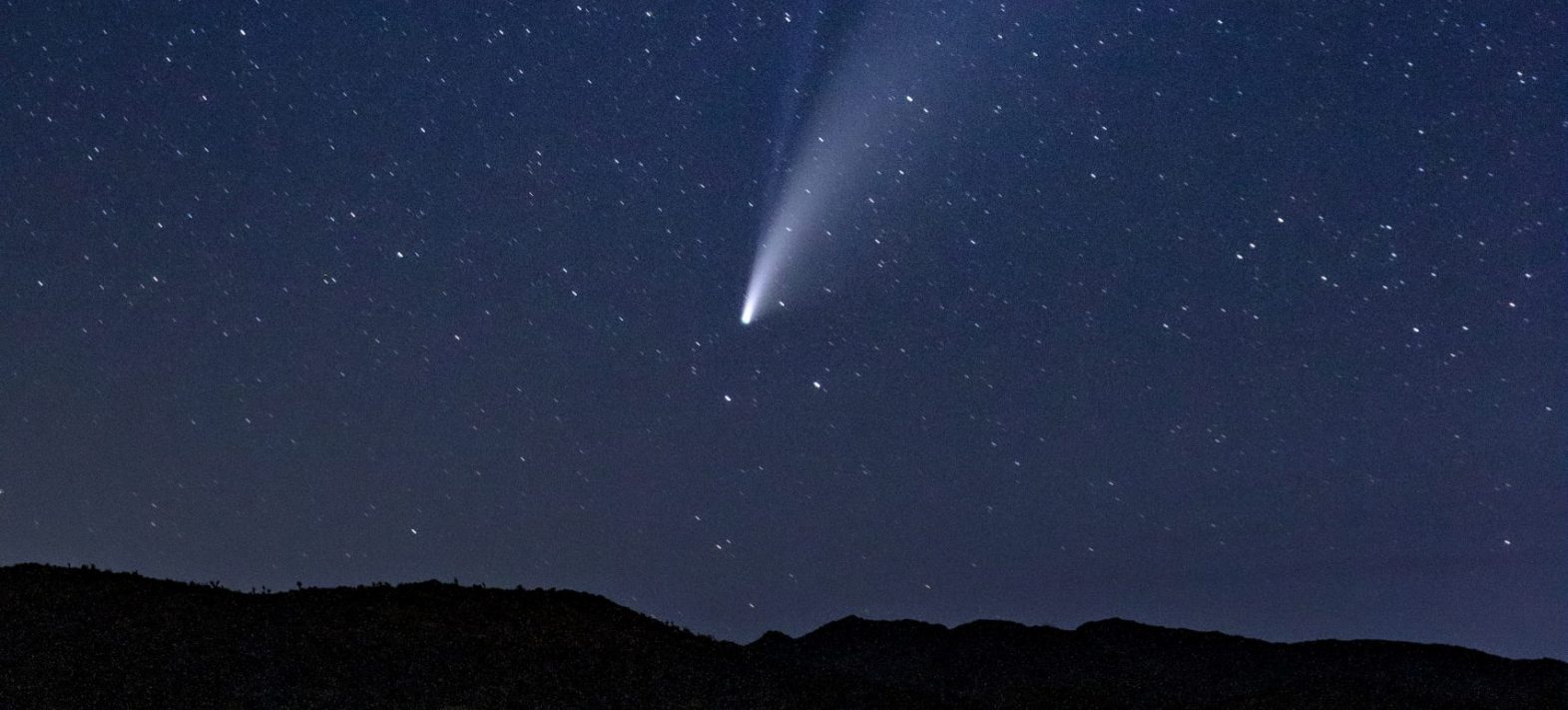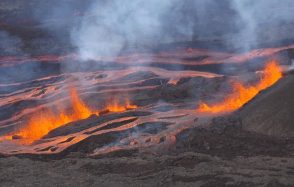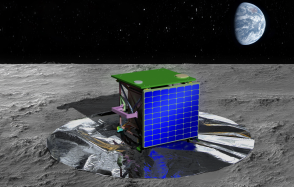Cosmic dust flux variation measured on the ocean floor!
The Earth is constantly bombarded by "interplanetary dust" (cosmic particles from comet tails, asteroid collisions...).

© Nikolay Masloy on Unsplash
Publication date: 02/03/2016
General public, Press, Research
Related teams :
Cosmochemistry, Astrophysics and Experimental Geophysics (CAGE)
Related themes : Origins








